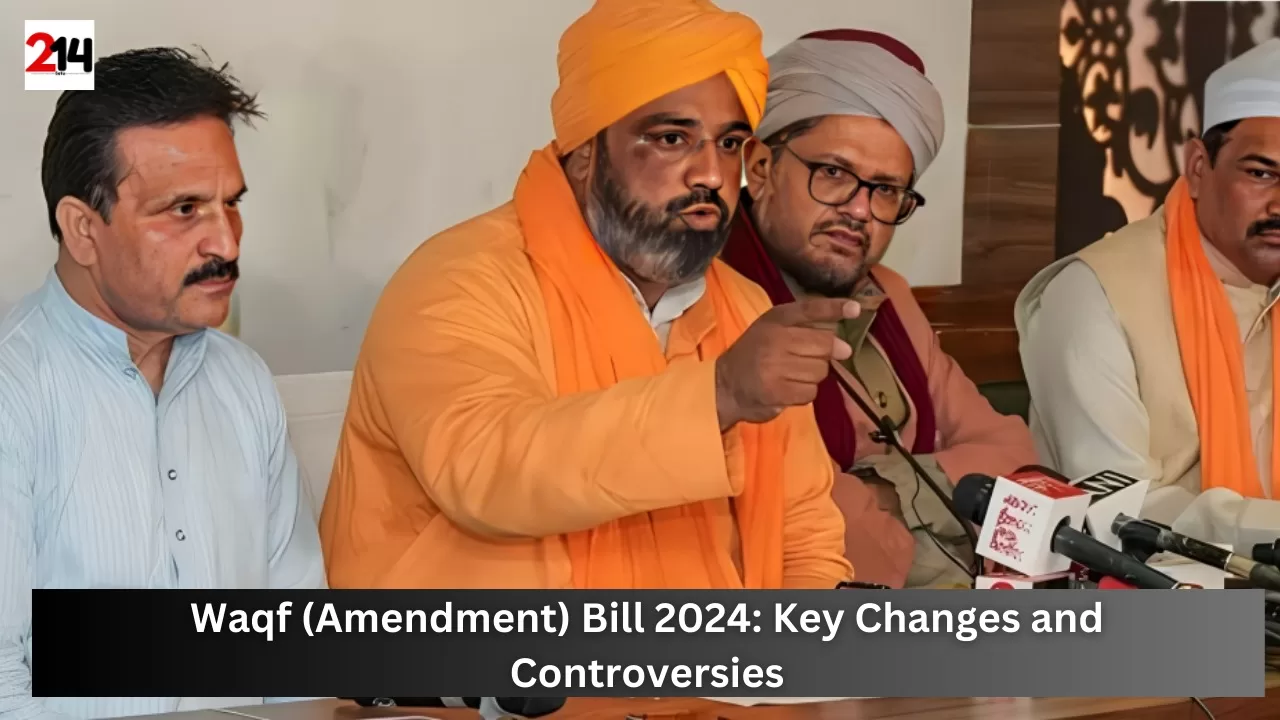
The Central Government is set to introduce the Waqf (Amendment) Bill 2024 in the Lok Sabha. This bill proposes significant changes to the existing Waqf Act to enhance transparency and inclusivity within Waqf boards. Here’s a detailed look at the key changes and the ensuing controversies.
Key Amendments in the Bill
Transparency and Accountability:
The bill mandates the registration of Waqf properties through a central portal and database, ensuring accurate and accessible records. This aims to increase transparency in the functioning of Waqf boards.
Inclusivity:
The bill includes provisions for the inclusion of Muslim women and non-Muslims in governance affairs. It also proposes the establishment of a separate Board of Auqaf for Boharas and Aghakhanis, ensuring representation from various Muslim communities, including Shias, Sunnis, Bohras, and Agakhanis.
Powers of District Collectors:
District collectors are given the authority to resolve disputes related to Waqf properties. They will determine whether a property is government land or Waqf property, thereby reducing the powers of Waqf boards to unilaterally declare properties as Waqf.
Renaming and Restructuring:
The Waqf Act will be renamed as the Unified Waqf Management, Empowerment, Efficiency, and Development Act. This new name reflects the comprehensive nature of the amendments aimed at better management and development of Waqf properties.
Controversies and Opposition
The introduction of the bill has sparked significant opposition from various political parties and Muslim organizations:
Loss of Autonomy:
Critics argue that the bill diminishes the autonomy of Waqf boards. Increased government control over Waqf properties could lead to misuse and encroachment, undermining the independence of these boards.
Demand for Further Scrutiny:
Several opposition parties have demanded that the bill be sent to a parliamentary standing committee for detailed scrutiny. They argue that the amendments could lead to administrative chaos and have called for a more inclusive consultation process with all stakeholders.
Concerns Over Property Rights:
The bill addresses the creation of “waqf-alal-aulad” (family waqf) and aims to protect the inheritance rights of heirs, including women. However, some parties express concerns that the changes may still not adequately protect these rights.
Conclusion
The Waqf (Amendment) Bill 2024 represents a significant overhaul of the current Waqf Act, focusing on transparency, inclusivity, and streamlined governance. While the government’s intention is to improve the management of Waqf properties, the proposed changes have sparked considerable debate and opposition. The outcome of the discussions in the Lok Sabha will be crucial in determining the future of this legislation and its impact on Waqf boards across India.
Muhammad Yunus to Lead Bangladesh as Interim Prime Minister Amid Political Unrest

